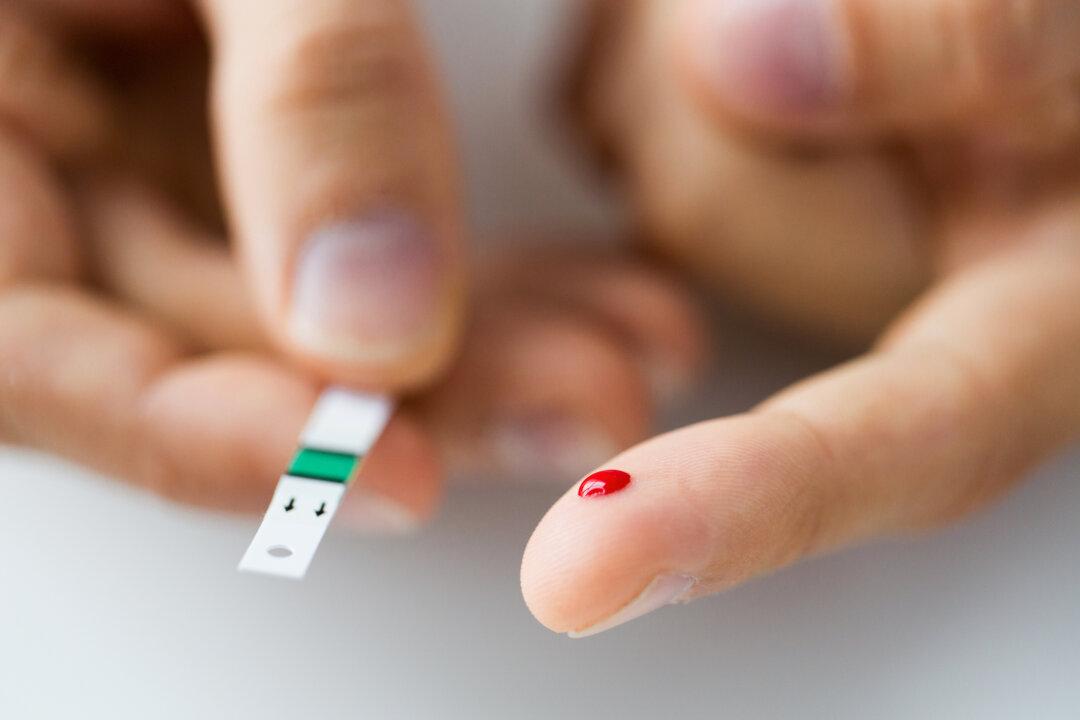Evidence continues to grow that shows the devastating effects of statins on health and longevity. Before taking them, consider the results of these studies.
STORY AT-A-GLANCE
- Data from one study showed people taking statin medications have a 38% increased risk of developing Type 2 diabetes. Scientists have identified several factors that may play a part in elevating risk, including impaired insulin sensitivity and the impact on epigenetics that influence insulin traits
- Data released in early 2021 have also shown that people taking statin medications have an increased risk of cardiovascular events in all but the highest risk group
- In a presentation at the University of Sydney and in a peer-reviewed narrative review, Maryanne Demasi looked at the evidence that has divided medical professionals over statins and shows how by simply revising definitions and hiding data, the industry has misled consumers and pocketed billions
- Instead of relying on cholesterol numbers that have little benefit unless the total is over 300, consider evaluating your cholesterol-to-HDL and triglyceride-to-HDL ratios, as well as your ferritin and gamma-glutamyl transpeptidase (GGT) levels
Dr. Joseph Mercola is the founder of Mercola.com. An osteopathic physician, best-selling author, and recipient of multiple awards in the field of natural health, his primary vision is to change the modern health paradigm by providing people with a valuable resource to help them take control of their health.
Author’s Selected Articles






